Navigating Washington County, Pennsylvania: A Comprehensive Guide to Township Maps
Related Articles: Navigating Washington County, Pennsylvania: A Comprehensive Guide to Township Maps
Introduction
With great pleasure, we will explore the intriguing topic related to Navigating Washington County, Pennsylvania: A Comprehensive Guide to Township Maps. Let’s weave interesting information and offer fresh perspectives to the readers.
Table of Content
Navigating Washington County, Pennsylvania: A Comprehensive Guide to Township Maps
Washington County, Pennsylvania, a vibrant tapestry of history, culture, and diverse landscapes, is home to a rich network of townships, each with its unique character and appeal. Understanding the layout of these townships is crucial for residents, visitors, and businesses alike, providing a clear framework for navigating the county’s geography, understanding its administrative structure, and accessing vital information. This comprehensive guide delves into the significance of Washington County township maps, exploring their features, benefits, and how they serve as essential tools for navigating this dynamic region.
The Importance of Township Maps in Washington County
Township maps are more than mere graphical representations; they act as vital navigational tools, offering a comprehensive understanding of the county’s administrative divisions and their geographical boundaries. They provide a clear visual representation of:
- Township Boundaries: Township maps clearly delineate the borders of each township, offering a visual guide to the distinct administrative units within Washington County. This allows residents to easily identify their respective township and understand its geographical context within the larger county framework.
- Road Networks: These maps meticulously depict the intricate network of roads and highways traversing the county, providing a clear visual guide for navigating between townships, cities, and towns. This information is invaluable for travelers, commuters, and delivery services, facilitating efficient and reliable travel.
- Points of Interest: Township maps often highlight key points of interest within each township, such as schools, hospitals, parks, libraries, and government buildings. This information is essential for residents, visitors, and businesses, providing a quick reference for locating essential services and amenities.
- Land Use: Township maps frequently incorporate information on land use, indicating areas designated for residential, commercial, industrial, or agricultural purposes. This information is crucial for real estate developers, investors, and businesses seeking to understand the zoning regulations and development potential of specific areas.
- Natural Features: Township maps often incorporate visual representations of natural features, such as rivers, lakes, forests, and parks. This information is valuable for outdoor enthusiasts, hikers, and nature lovers, providing a clear guide to exploring the county’s diverse natural landscapes.
Understanding Township Maps: A Visual Guide
Township maps typically employ a standardized format, featuring key elements that enhance their clarity and usability:
- Legend: A comprehensive legend explains the symbols and colors used on the map, providing a clear understanding of the different features represented. This allows users to easily interpret the map’s information and identify specific points of interest.
- Scale: The map’s scale provides a clear indication of the distance represented by a specific measurement on the map. This allows users to accurately estimate distances between locations and plan travel routes.
- Compass: A compass rose is often included to indicate north, south, east, and west, helping users orient themselves and navigate the map with ease.
- Grid System: A grid system, typically based on latitude and longitude, provides a standardized framework for locating specific points on the map. This system facilitates accurate navigation and identification of locations.
Benefits of Using Township Maps
The use of township maps offers numerous benefits, enhancing efficiency, accuracy, and informed decision-making:
- Efficient Navigation: Township maps provide a clear visual guide for navigating the county’s road network, reducing the risk of getting lost and saving valuable time.
- Improved Decision-Making: Access to accurate information on land use, zoning regulations, and points of interest empowers informed decision-making for residents, businesses, and investors.
- Enhanced Community Understanding: Township maps foster a deeper understanding of the county’s administrative structure, fostering a sense of community and shared responsibility among residents.
- Increased Safety: Township maps can guide residents and visitors to essential services, such as hospitals and fire stations, in case of emergencies, enhancing safety and preparedness.
- Economic Development: Township maps provide valuable information for businesses seeking to establish operations in the county, facilitating informed decisions regarding location and development.
Accessing Township Maps: A Comprehensive Guide
Multiple avenues exist for accessing Washington County township maps, offering flexibility and convenience:
- Online Resources: Numerous websites, including the Washington County government website and various mapping services, provide downloadable and interactive township maps. These online resources offer convenience and ease of access, allowing users to explore maps from the comfort of their homes or offices.
- County Offices: The Washington County government offices, including the county assessor’s office and planning department, often provide hard copies of township maps for public access. Visiting these offices allows users to obtain physical copies of the maps, ideal for reference and planning purposes.
- Local Libraries: Public libraries in Washington County typically maintain collections of maps, including township maps, for public use. These libraries offer a valuable resource for residents and visitors seeking to explore the county’s geography.
- Real Estate Agencies: Real estate agencies operating in Washington County often possess detailed township maps, providing valuable information for buyers, sellers, and investors. These agencies are a valuable resource for obtaining specific information on land use, zoning regulations, and property values.
FAQs about Township Maps in Washington County
1. Are township maps available for all townships in Washington County?
Yes, township maps are typically available for all townships within Washington County. However, the level of detail and information included may vary depending on the source and the specific township.
2. Can I use township maps for planning construction projects?
Township maps can provide valuable information for planning construction projects, including zoning regulations, land use, and proximity to utilities. However, it is essential to consult with local planning departments for specific building permits and regulations.
3. How often are township maps updated?
Township maps are typically updated periodically, reflecting changes in road networks, land use, and points of interest. It is recommended to consult with the source of the map for information on the latest update date.
4. Can I use a GPS device with township maps?
While GPS devices are useful for navigating specific routes, township maps provide a broader overview of the county’s geography and administrative divisions, offering a complementary perspective for planning and understanding the area.
5. Are there any specific resources for finding township maps for a particular township?
The Washington County government website and the websites of individual townships often provide downloadable maps and other relevant information. Additionally, local libraries and real estate agencies can be valuable resources for accessing specific township maps.
Tips for Utilizing Township Maps Effectively
- Identify the Map’s Purpose: Determine the specific information you need from the map, such as road networks, points of interest, or land use, to focus your attention on relevant details.
- Understand the Legend: Carefully review the map’s legend to understand the symbols, colors, and abbreviations used to represent different features.
- Utilize the Scale: Pay attention to the map’s scale to accurately estimate distances between locations and plan travel routes.
- Combine with Other Resources: Utilize township maps in conjunction with other resources, such as GPS devices, online mapping services, and local directories, for a comprehensive understanding of the area.
- Stay Updated: Check for updates to township maps to ensure you are using the most current information for accurate navigation and decision-making.
Conclusion
Township maps serve as indispensable tools for navigating and understanding the diverse landscape of Washington County, Pennsylvania. They offer a clear visual representation of the county’s administrative divisions, road networks, points of interest, and land use, empowering residents, visitors, and businesses to make informed decisions and navigate the county with confidence. By utilizing these valuable resources, individuals can enhance their understanding of Washington County’s geography, navigate its intricate road network, and access vital information for personal, professional, and community-related purposes. The comprehensive nature of township maps makes them essential guides for exploring and engaging with the rich tapestry of life in Washington County, Pennsylvania.

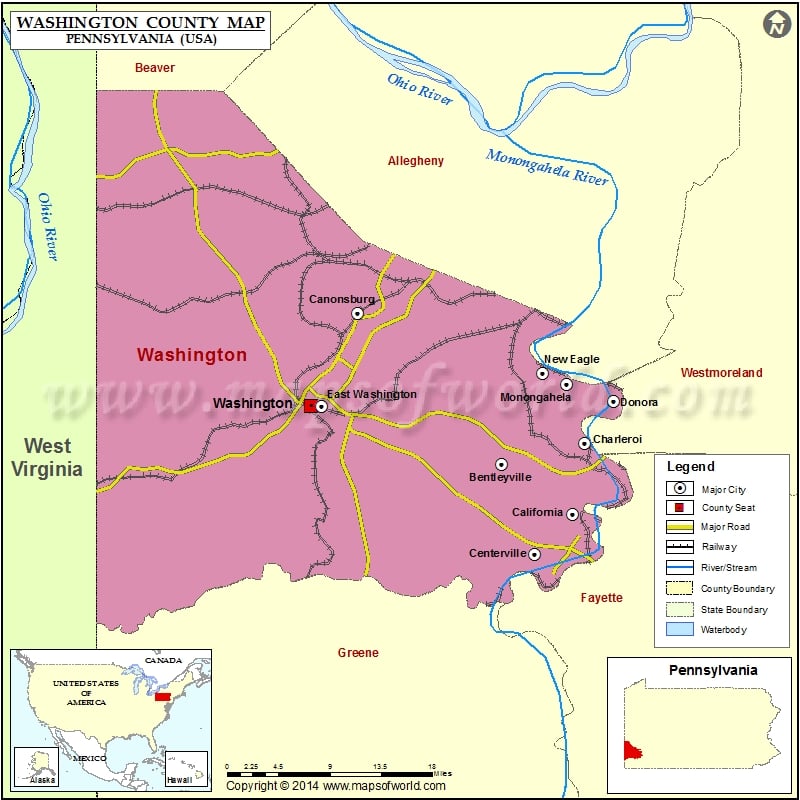
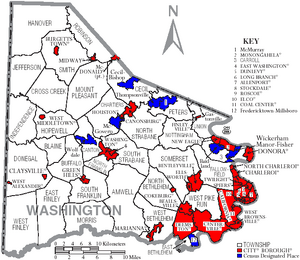

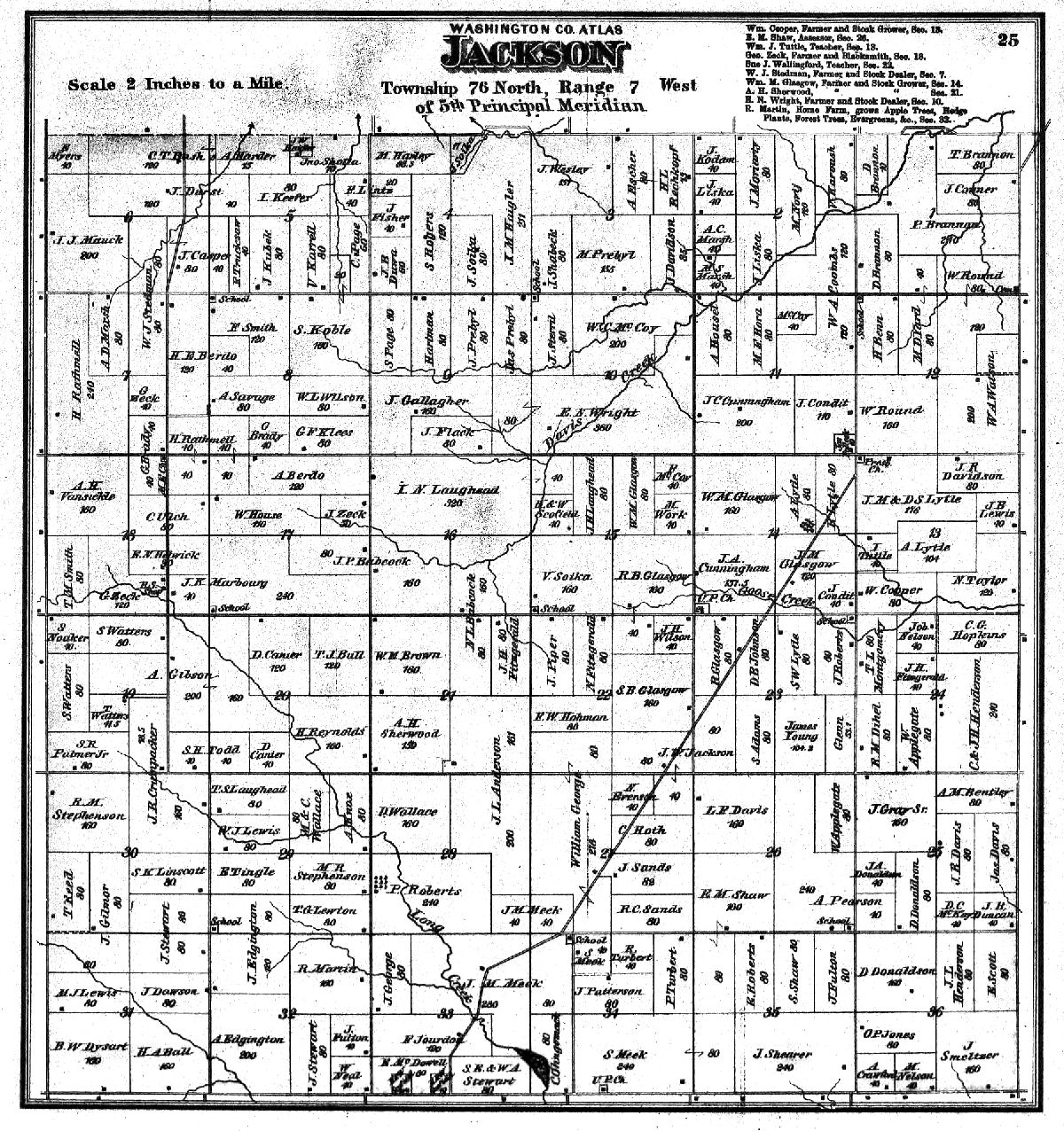

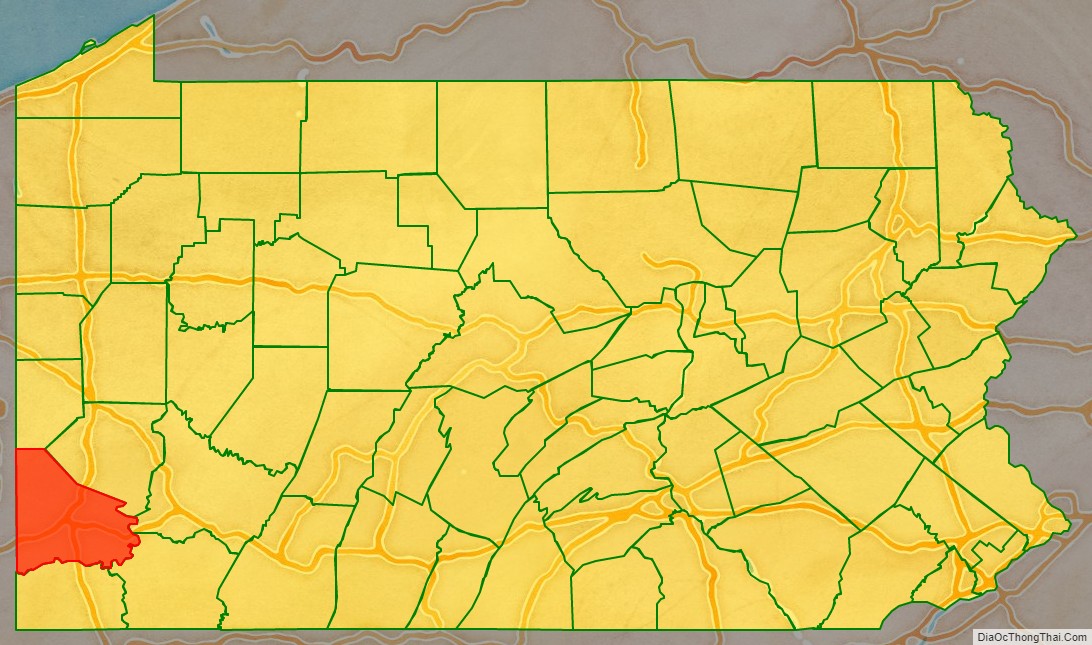
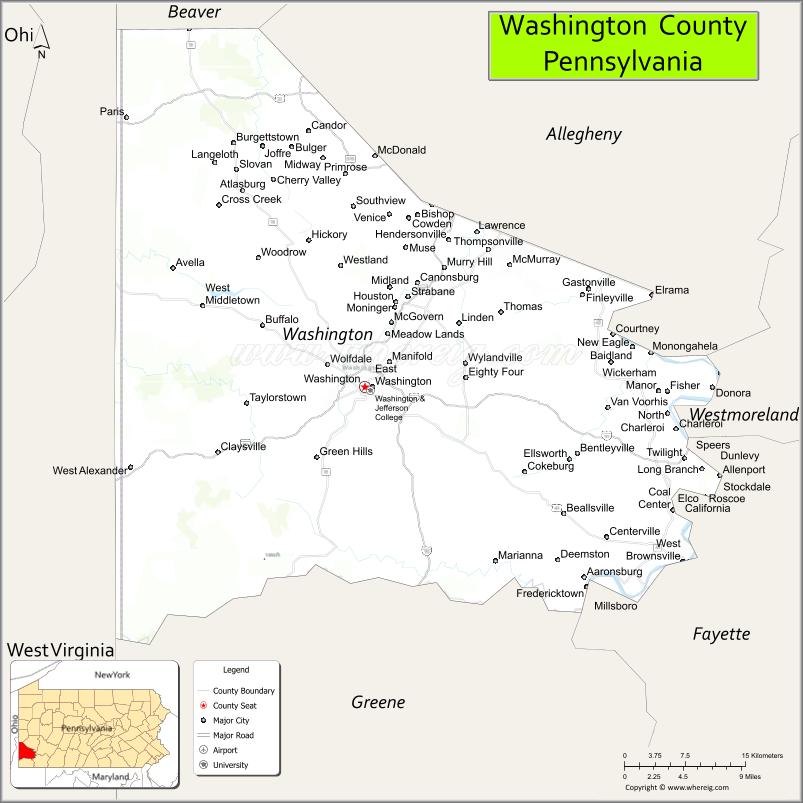
Closure
Thus, we hope this article has provided valuable insights into Navigating Washington County, Pennsylvania: A Comprehensive Guide to Township Maps. We hope you find this article informative and beneficial. See you in our next article!